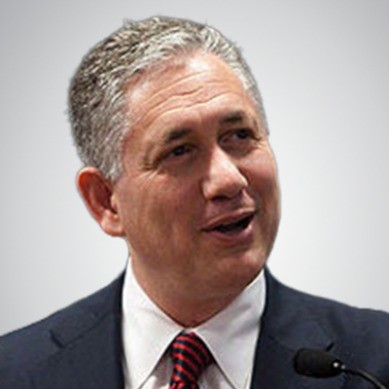From Overwhelmed to Empowered: Stuart Piltch’s Health Insurance Confidence Blueprint
In the journey to wellness, resilience is frequently the key that opens the way to therapeutic and long-term vitality. Stuart Piltch New York, a believed leader in holistic health, stresses the importance of resilience as a foundational element in moving the difficulties of modern wellness. His viewpoint extends beyond bodily health, weaving in psychological, mental, and cultural well-being. Through his approach, Piltch provides a changed perception on resilience—the one that includes wish being an important element for overcoming challenges and locating new horizons.

The Connection Between Resilience and Wellness For Stuart Piltch, resilience is not only about jumping straight back from issues, but about establishing, rising, and successful despite them. He argues that wellness is a continuing method, and people must develop a mind-set of resilience to navigate their advantages and downs. Living is filled up with unknown events—if they be wellness difficulties, particular difficulties, or external stresses. Piltch thinks that by fostering resilience, people are better prepared to manage with these events and maintain their overall well-being. A vital part of the resilience is hope. In accordance with Piltch, maintaining trust in the face area of adversity serves as a strong motivator. Wish fuels perseverance, permitting people to keep driving ahead, even if the trail to wellness seems difficult or unclear. “Resilience without hope,” says Piltch, “is such as for instance a cruise without wind—it can not move you forward.” He encourages people to look beyond their quick struggles and visualize a future of improved health and well-being. Enjoying a Holistic Method An original part of Stuart Piltch's philosophy is his holistic way of building resilience. He believes that wellness is multi-dimensional, encompassing the bodily, psychological, intellectual, and cultural aspects of life. To foster resilience in wellness, individuals should address each of these parts with similar attention. – Physical Resilience: Maintaining bodily health may be the cornerstone of over all wellness. Piltch suggests persons to concentrate on healthy behaviors such as frequent exercise, balanced nourishment, and adequate sleep. These practices not only build physical power but in addition produce a base of strength that helps emotional and mental well-being. – Psychological Resilience: Emotional wellness is frequently pushed by pressure, anxiety, or loss. Piltch encourages persons to participate in techniques that promote psychological resilience, such as mindfulness, meditation, and joining with liked ones. These activities help persons method difficult emotions in a wholesome way, permitting them to progress without emotion overwhelmed. – Mental Resilience: Psychological well-being is essential for moving life's challenges. Stuart Piltch emphasizes the energy of positive considering, self-compassion, and emotional flexibility. He suggests individuals to engage in actions that stimulate the mind, such as for example examining, learning new skills, and problem-solving. Cultivating a growth attitude and viewing setbacks as options for learning might help build psychological toughness. – Cultural Resilience: Individuals are social animals, and sustaining solid social connections is imperative to wellness. Piltch feels that nurturing associations with household, buddies, and community people offers a sense of belonging and support. These connections create a system of encouragement that will help persons persevere through challenging times. Going Towards Hopeful Capabilities Among the primary maxims of Stuart Piltch's guide could be the idea that every setback gift suggestions a fresh opportunity—a positive horizon that may be reached through resilience. Whether coping with condition, handling strain, or moving living improvements, Piltch thinks that keeping an positive prospect and concentrating on the possibility of growth is critical.
He encourages individuals to create sensible objectives due to their wellness trip, acknowledging that progress is often progressive and nonlinear. By celebrating little victories and milestones, persons can keep energy and excersice toward their positive horizons. “It's perhaps not about efficiency,” Piltch tells us, “it's about development and persistence.”
